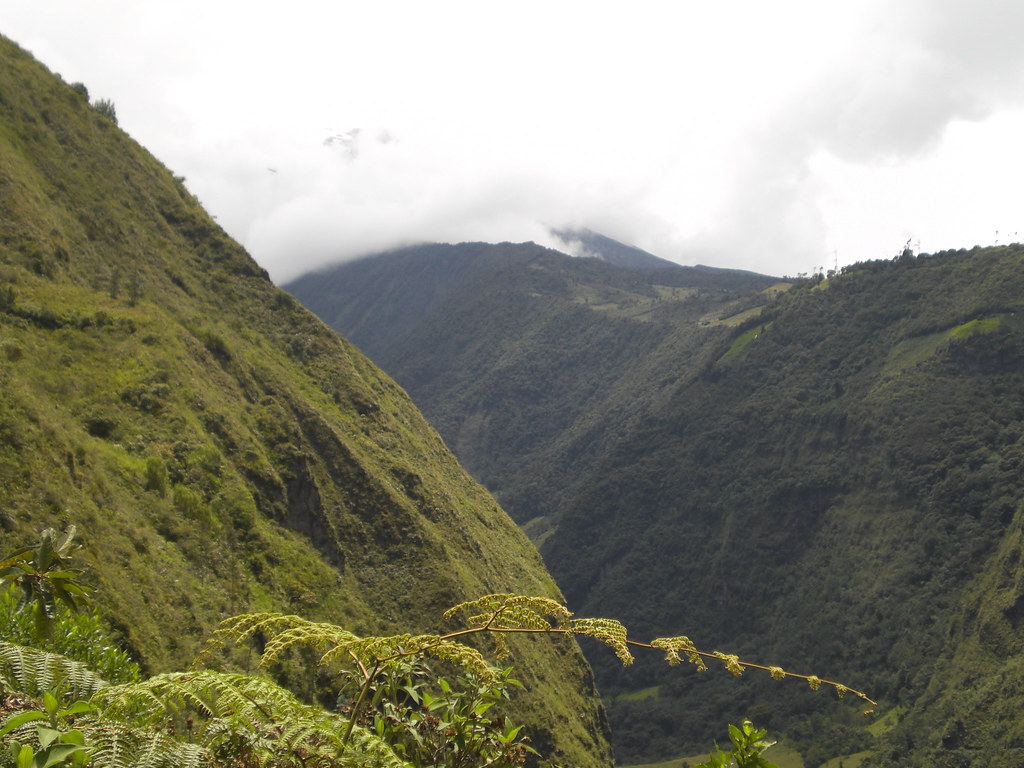CDER Submits Friend of the Court Brief in Piatúa River Constitutional Case.
Center for Democratic and Environmental Rights Press Release
The Rights of Nature provides a constitutional basis for prohibiting hydroelectric projects in fragile river ecosystems and endangered species habitat.
April 1, 2021
Quito, Ecuador: The Center for Democratic and Environmental Rights (CDER) has submitted an amicus curiae – “friend of the court” – brief in the Río Piatúa case before Ecuador’s Constitutional Court.
The Río Piatúa is a central case in the Court’s focus on providing necessary content on the rights of nature. Ecuador is the first country in the world to enshrine the rights of nature – or pacha mama – in a national constitution. The founders of CDER assisted delegates to Ecuador’s Constituent Assembly in developing the constitutional provisions, in 2007 and 2008.
In its amicus brief, CDER recommends a prohibition on hydroelectric projects in fragile river ecosystems and in the habitat of at-risk species, in order to uphold and guarantee the constitutional rights of nature.
This builds on its arguments submitted in its amicus brief in the Los Cedros and Río Nangaritza cases, also before the Constitutional Court. Both cases address mining – and the amicus briefs recommend that mining be prohibited within fragile ecosystems and in the habitat of threatened species – in order to guarantee the rights of nature.
Background on the Río Piatúa case: This case refers to the grant of a governmental license for the use of the waters of the Piatúa River, without specific measures being adopted to prevent negative environmental impacts on threatened species inhabiting the riparian ecosystem. From a constitutional law perspective, this case is framed within the rights of nature through the concept of ecological flow set by Article 411 of the Ecuadorian Constitution, and regulated by the Ecuadorian Water Law.
In its amicus brief, CDER explains that the constitutional rights of nature raises environmental standards in Ecuador, and that the government has a duty to protect and guarantee the rights of nature. Further, that Article 73 of the Ecuadorian Constitution provides for the adoption of restrictive measures to prevent the extinction of species. It is a constitutional standard that is precisely aimed at guaranteeing the rights of nature.
Hugo Echeverría, CDER attorney to the case, emphasized the constitutional character of the rights of nature, and the need to enhance the protection of endangered species, by adopting restrictive measures. Echeverría stated, “This case addresses the rights of nature in the context of a river that provides habitat to endangered species. The verdict of the Constitutional Court will provide content on article 64 of the Water Law of Ecuador, which integrates rights of nature in water conservation, including the ecological flow of rivers to preserve ecosystems and biodiversity.”
The Center for Democratic and Environmental Rights partners with communities, tribal nations, governments, and people around the world to secure democratic rights and the rights of nature in law, including in the Philippines, Australia, Ecuador, Sweden, and the United States…
Contact:
Hugo Echeverría, Attorney, echejur@yahoo.ca
Mari Margil, Executive Director, mmargil@centerforenvironmentalrights.org
Read the full Press Release HERE.
Photo credit: “Ecuador – 148” by PatrickMMoore is licensed under CC BY-NC-SA 2.0

